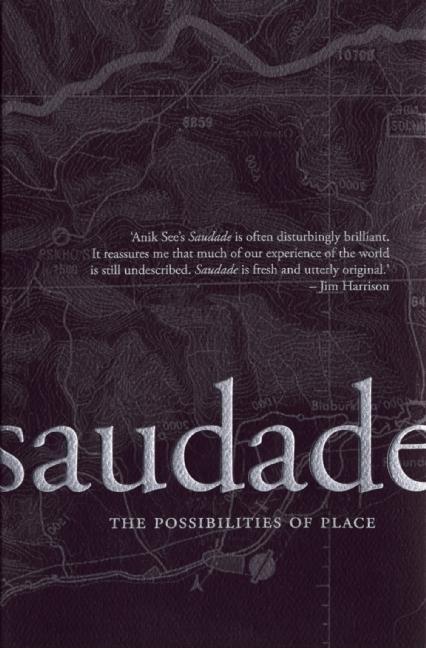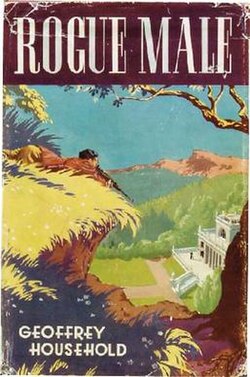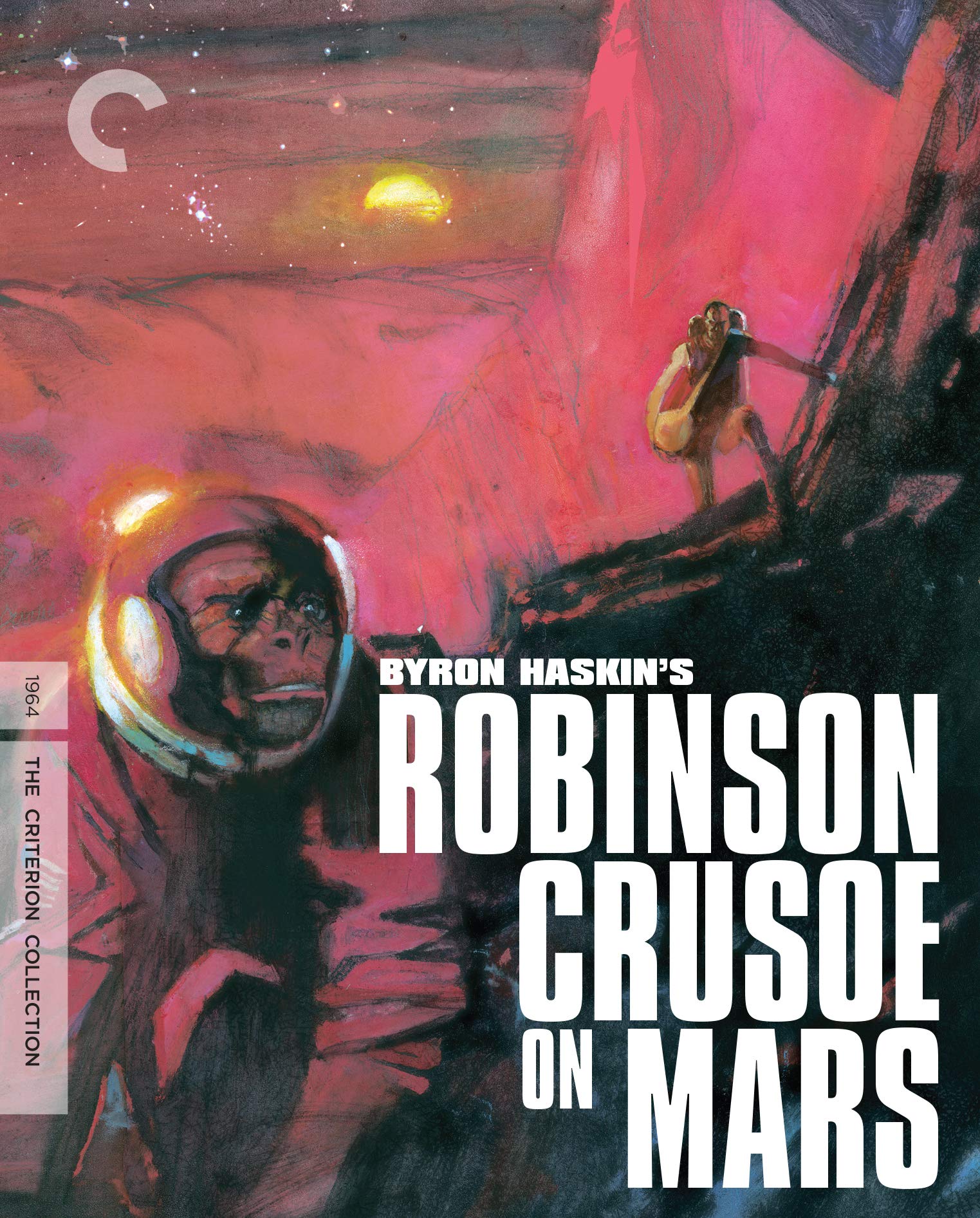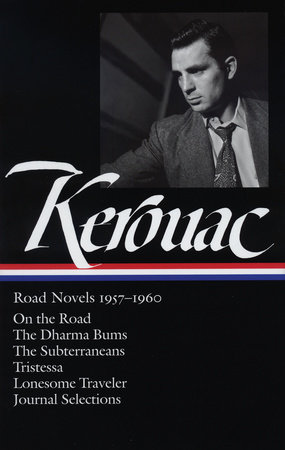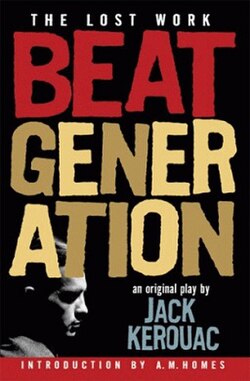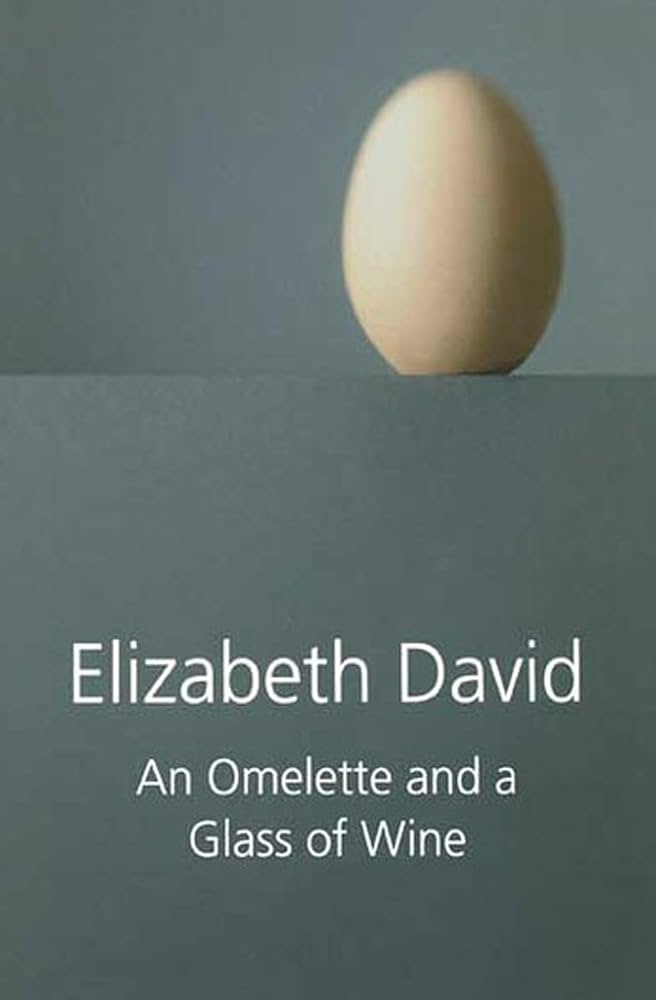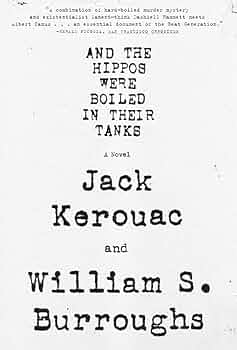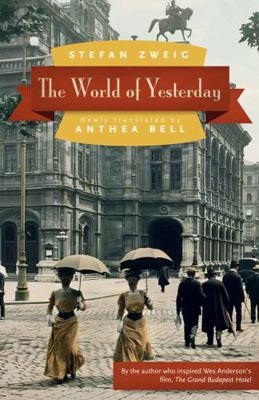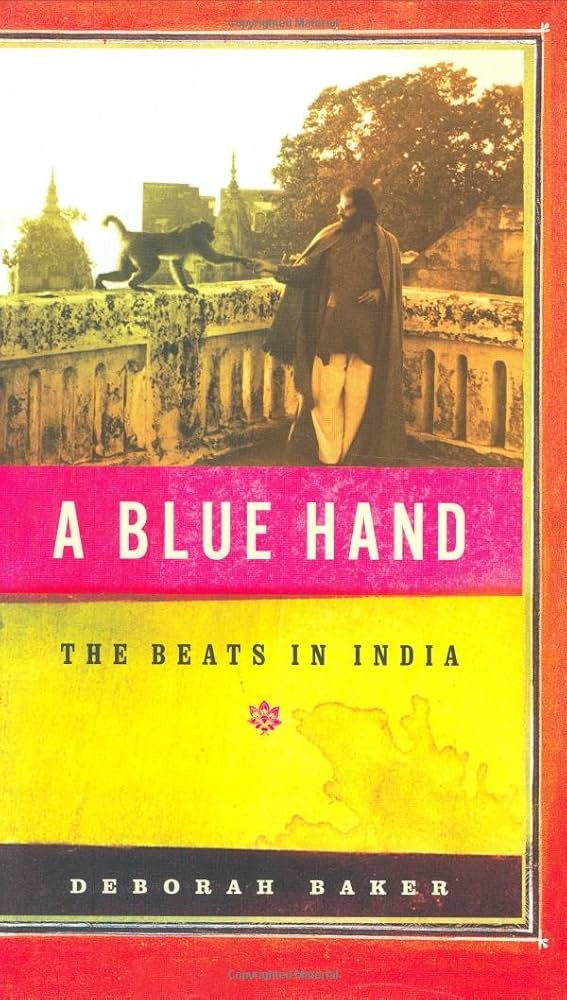fact

Seize the Fire: Heroism, Duty, and the Battle of Trafalgar
October 21, 2005, marked the 200th anniversary of the great naval battle of Trafalgar, an engagement in which Admiral Nelson and the British fleet ended Napoleon’s dream of invading England by crushing the French and Spanish fleets off the southwest
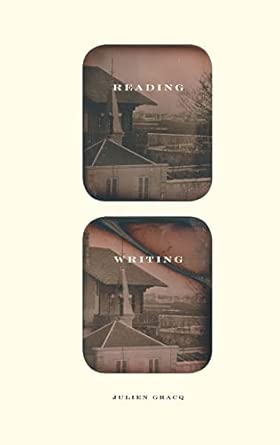
Reading Writing
The French writer Julien Gracq, who will be ninety-seven this year, is a living link to the era of Louis Aragon and André Breton. Gracq has avoided the kind of recognition that most modern writers crave (he refused the Prix Goncourt in 1951), and his body of work is little known on this continent.
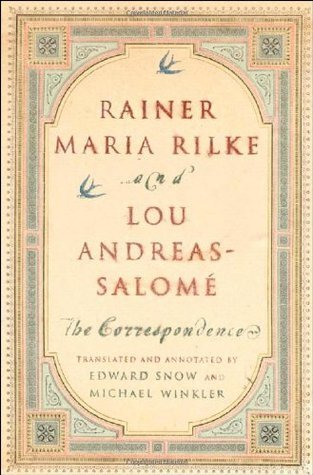
Rainer Maria Rilke and Lou Andreas-Salomé: The Correspondence
Rainer Maria Rilke and Lou Andreas-Salomé: The Correspondence (Norton) collects all of the extant letters exchanged by Rilke and Andreas-Salomé , a patron and fellow author, and (as the jacket copy describes her) “a key fin de siècle intellectual.”
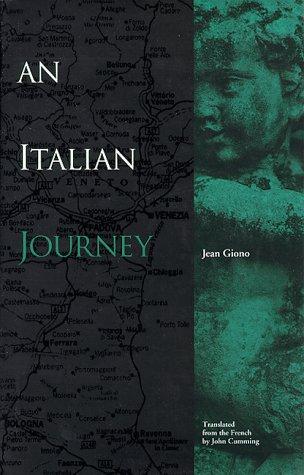
An Italian Journey
Henry Miller named Jean Giono as one of the writers he most admired (a list that includes Knut Hamsun, Blaise Cendrars, and Fyodor Dostoevsky). Giono, who lived most of his life in Manosque, the small Provençal town where he was born, begins An Italian Journey by admitting that he is not a traveller.

City Lectures
The organizers of tonight’s talk have branded it as a “raw exchange”—part of a series of uncensored literary gatherings around the city—and so they’ve invited three biting B.C. writers to get down to brass tacks for a group of strangers in the basement of the Vancouver Public Library. By some freak of programming, a punk-metal band is slaying the kids in the room down the hall tonight, which means every time a bookish-looking latecomer wades into our midst, a foul-sounding wave of hellish power chords does, too.
.svg)
Cat in the House
Toward the end of her life I drew close to Althea, the cat who had been with Mary and me for five or maybe six years, ever since her real owner, Mary’s daughter Karen, had to find a home for her when a landlord invoked the no-pets rule, and Mary and I were living mere blocks away, completely petless and, some might say, carefree.
.svg)
CBC Shows an Interest in the Pine Beetle Epidemic
The National calls from the cbc in Toronto. They want me to be their “eyes on the ground.” I try not to laugh—I’m a part-time poet who lives in the suburbs. The woman on the phone asks what it’s like to live in a city in a forest. Does she mean here? In Toronto, she explains, that’s how they described it to her. She must be picturing deep woods with houses and corner stores tucked in among the paths, and roads more like wagon trails. When I drive past Winners and Costco I don’t think “forest.” No, I tell her, Prince George is a lot like the outskirts of Guelph. She falls silent and I amend it: Prince George is like Edmonton but planned by drunken loggers. She seems to like that better, so I carry on: it’s like living in a logging camp but with easier access to big box stores. What about the trees, she asks. Oh, they’re fine, I say, just shorter and mostly gone.
.svg)
Memory of Fire
We were setting fires in a dry gulch in the hills at the edge of town, with crumpled sagebrush and bits of tumbleweed and no paper for kindling, and we had to start our own fire with a single match the way they did in the Cub Scout troop that met Thursday nights in the basement of St. Paul’s Anglican church on Battle Street.

Happy Hearts
A series of lucky events seemed to conspire to bring me to Stettler, Alberta, one day in June 1998. Jennifer, the woman who was in between being my roommate and my girlfriend, was at the Banff Centre and I was on my way there from Saskatoon, where we lived. She had left me fifty dollars for gas so I could pick her up after her workshop, and I had accepted, hoping that when the time came I wouldn’t need it and I could give it back. I did need it, of course. I had been waiting for a cheque to come from the Globe and Mail for one of a series of drawings I was doing for them, and when it was time to leave, the cheque still hadn’t arrived. So I set out from Saskatoon with just a tank of gas and the fifty dollars.

Freewriting
Mary Meigs and her friend Lise Weil, editor of Beyond Recall, met regularly to do freewriting together. For each exercise they chose a line or phrase from the work of a poet they both admired; then, inspired by that "prompt," both women wrote for five or ten minutes, recording whatever came to mind (and hand).

Seize the Fire: Heroism, Duty, and the Battle of Trafalgar
October 21, 2005, marked the 200th anniversary of the great naval battle of Trafalgar, an engagement in which Admiral Nelson and the British fleet ended Napoleon’s dream of invading England by crushing the French and Spanish fleets off the southwest

Reading Writing
The French writer Julien Gracq, who will be ninety-seven this year, is a living link to the era of Louis Aragon and André Breton. Gracq has avoided the kind of recognition that most modern writers crave (he refused the Prix Goncourt in 1951), and his body of work is little known on this continent.

Rainer Maria Rilke and Lou Andreas-Salomé: The Correspondence
Rainer Maria Rilke and Lou Andreas-Salomé: The Correspondence (Norton) collects all of the extant letters exchanged by Rilke and Andreas-Salomé , a patron and fellow author, and (as the jacket copy describes her) “a key fin de siècle intellectual.”

An Italian Journey
Henry Miller named Jean Giono as one of the writers he most admired (a list that includes Knut Hamsun, Blaise Cendrars, and Fyodor Dostoevsky). Giono, who lived most of his life in Manosque, the small Provençal town where he was born, begins An Italian Journey by admitting that he is not a traveller.
.svg)
Separate Crossings
Dr. Portillo, a Mexican physician, lives with her husband and son in a balcony-festooned six-bedroom house in a gated suburb. The adobe walls that enclose the garden, the coloured tiles embedded in the walls and the servants’ garden house are all typical of the home of a prosperous Mexican family. The multi-generational collection of relatives who occupy the spare bedrooms also reflect Mexican tradition. Dr. Portillo receives her patients in an office located in a tower in the northern Mexican city of Tijuana; since many of the patients are American, much of her working day takes place in English. When she goes home at night, she relaxes by speaking to her husband and son in Spanish. Her son, however, often responds in English because Dr. Portillo’s typical Mexican home is located in suburban California.

Witch Hunt
In a letter of 350 words, published in Geist 65, Michael Redhill calls me a racist once and implies that I am a racist on at least four other occasions. Redhill’s repetition of the ultimate insult of the postmodern era offers a fascinating, if depressing, window into how certain Canadian writers betray their responsibility to the society they live in.

Van Gogh’s Final Vision
Auvers-sur-Oise is a town of ghosts. Among the summer tourists and art-loving pilgrims who visit Auvers from all over the world, drift flocks of long-dead artists with folding easels and boxes of paints, who a century ago would disembark every week at the small railway station.

The Self-Destruction of the CBC
The federal government recently announced it is reviewing the CBC’s mandate. This review is the latest chapter in a long story of questioning the value of the CBC since its inception seventy years ago. Clearly there are politics involved here; the CBC is an easy target for attack by parties of all stripes.





